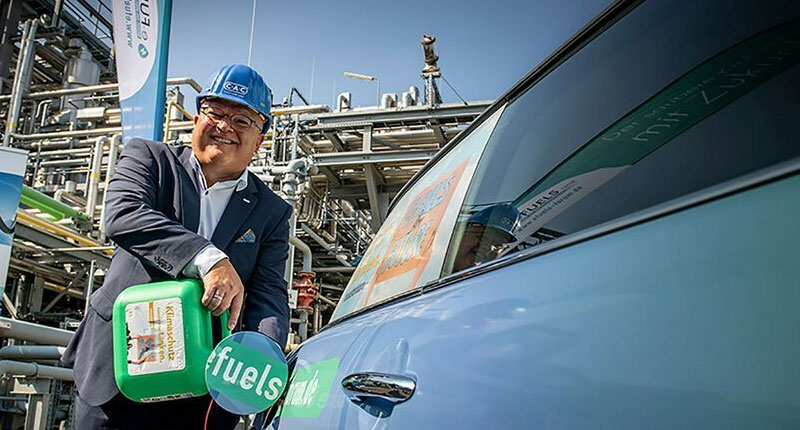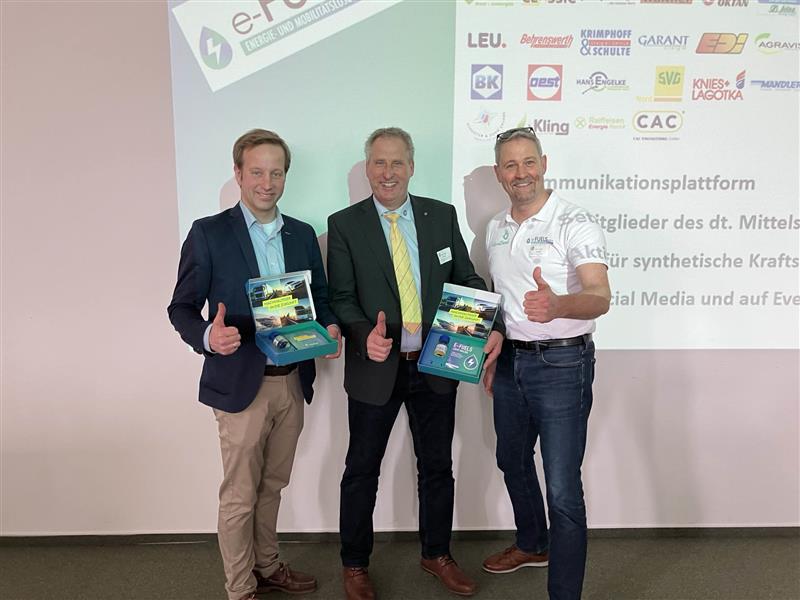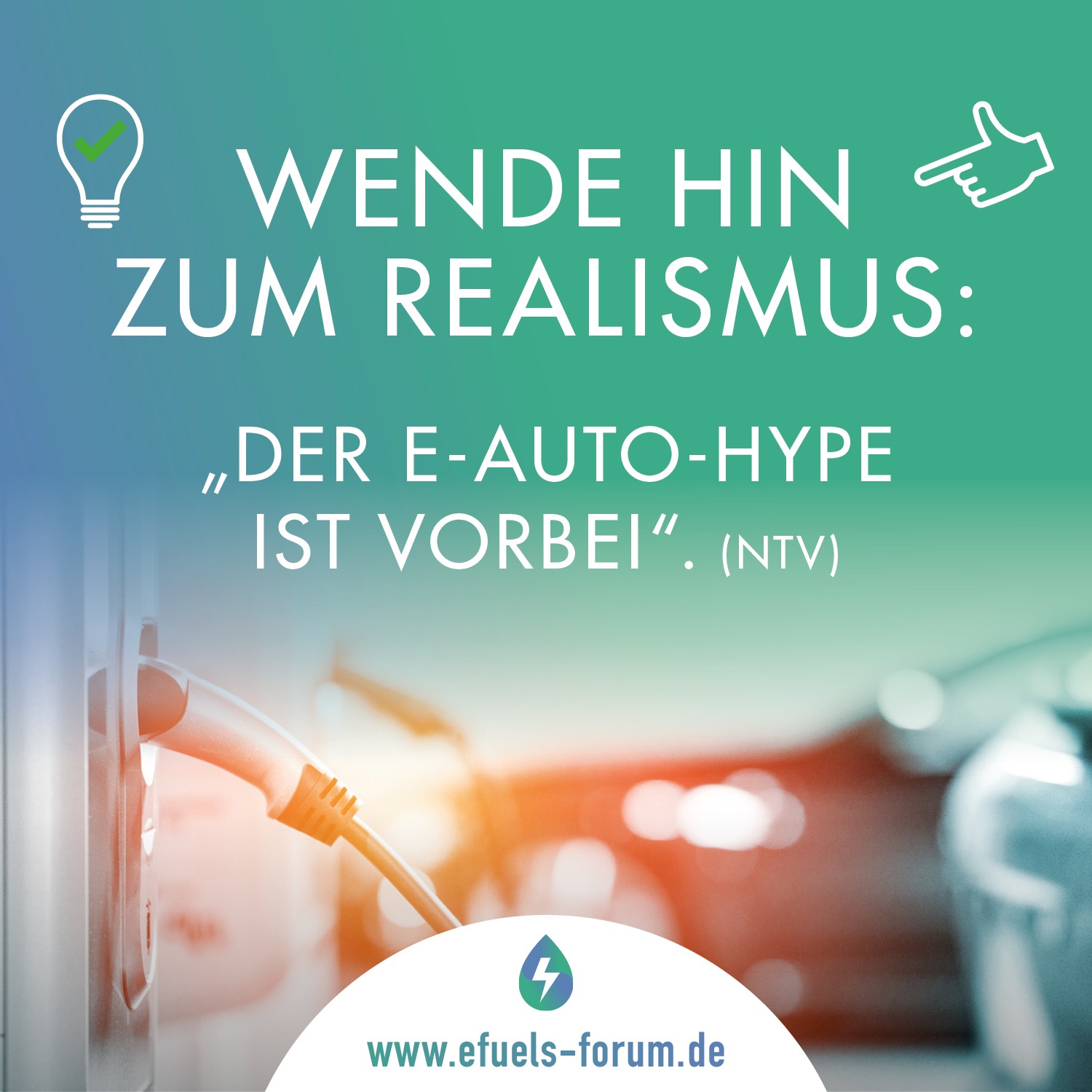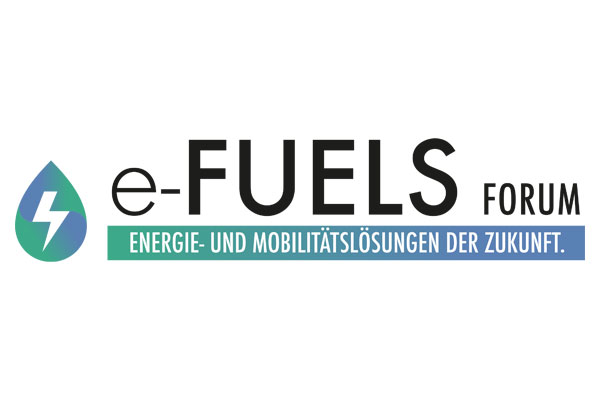Extensive emissions tests, conducted with an A-Class Mercedes, have proven, T&E says, that synthetic fuels are not one whit more environmentally friendly than E10 gasoline or E10 diesel blended with 10 percent ethanol. On the contrary. In practice, a car powered by e-fuel not only emits just as much nitrogen oxide, but the engine also blows three times as much carbon monoxide and twice as much ammonia into the air.
The testers made their own fuel
T&E commissioned the French research institute IFP Énergies nouvelles (Ifpen) to carry out the field test; for the exhaust gas behavior of synthetic diesel, the association drew on parts of a scientific study by the Concawe testing laboratory, an institution of the European refinery industry. Since no synthetic gasoline was allegedly available on the market to conduct the tests, IFP Énergies nouvelles unceremoniously mixed 100 liters of its own, supposedly synthetic gasoline into two different blends itself. Ifpen compared their emissions with those of EU E10 gasoline.
However, this meant that the T&E project had feet of clay right from the start.






